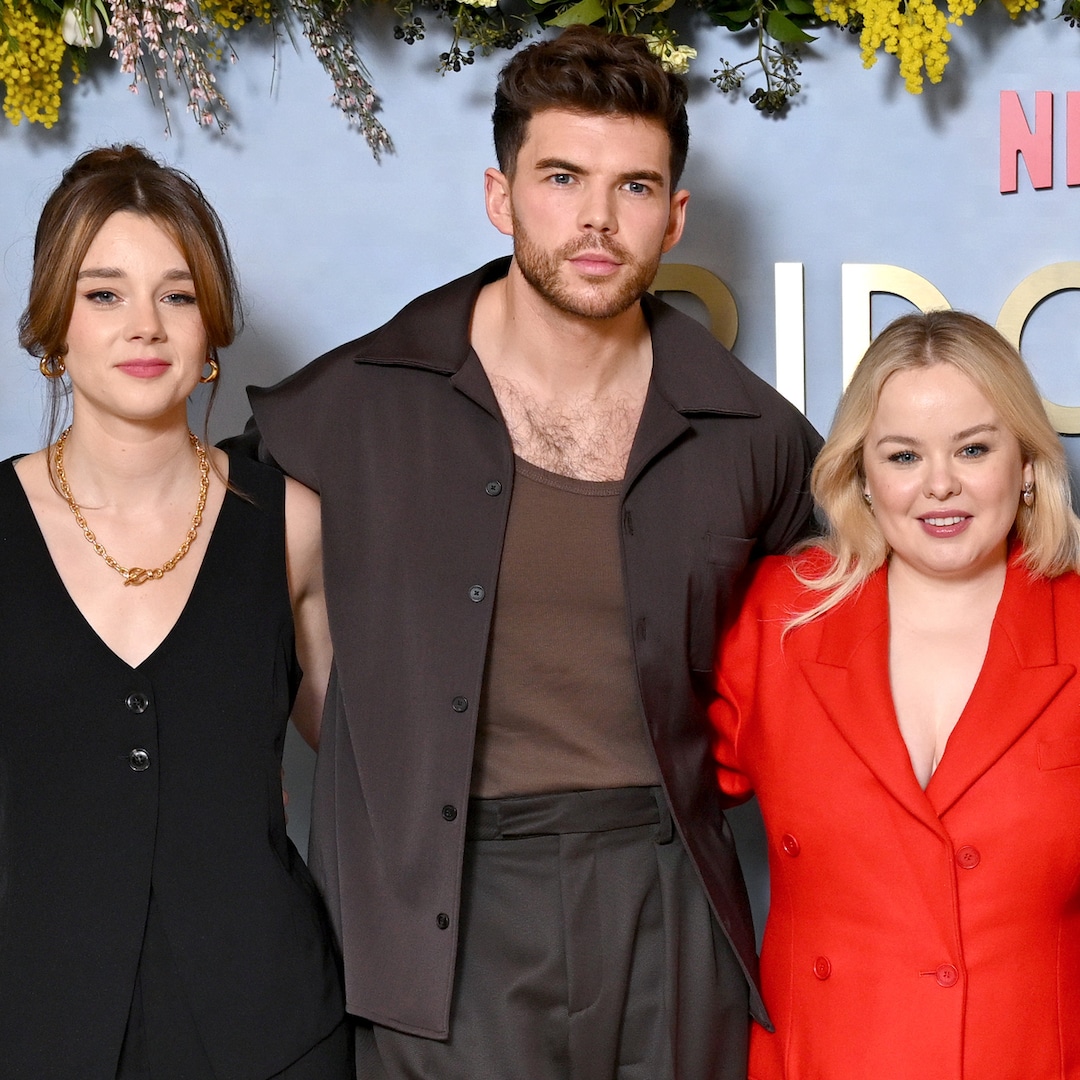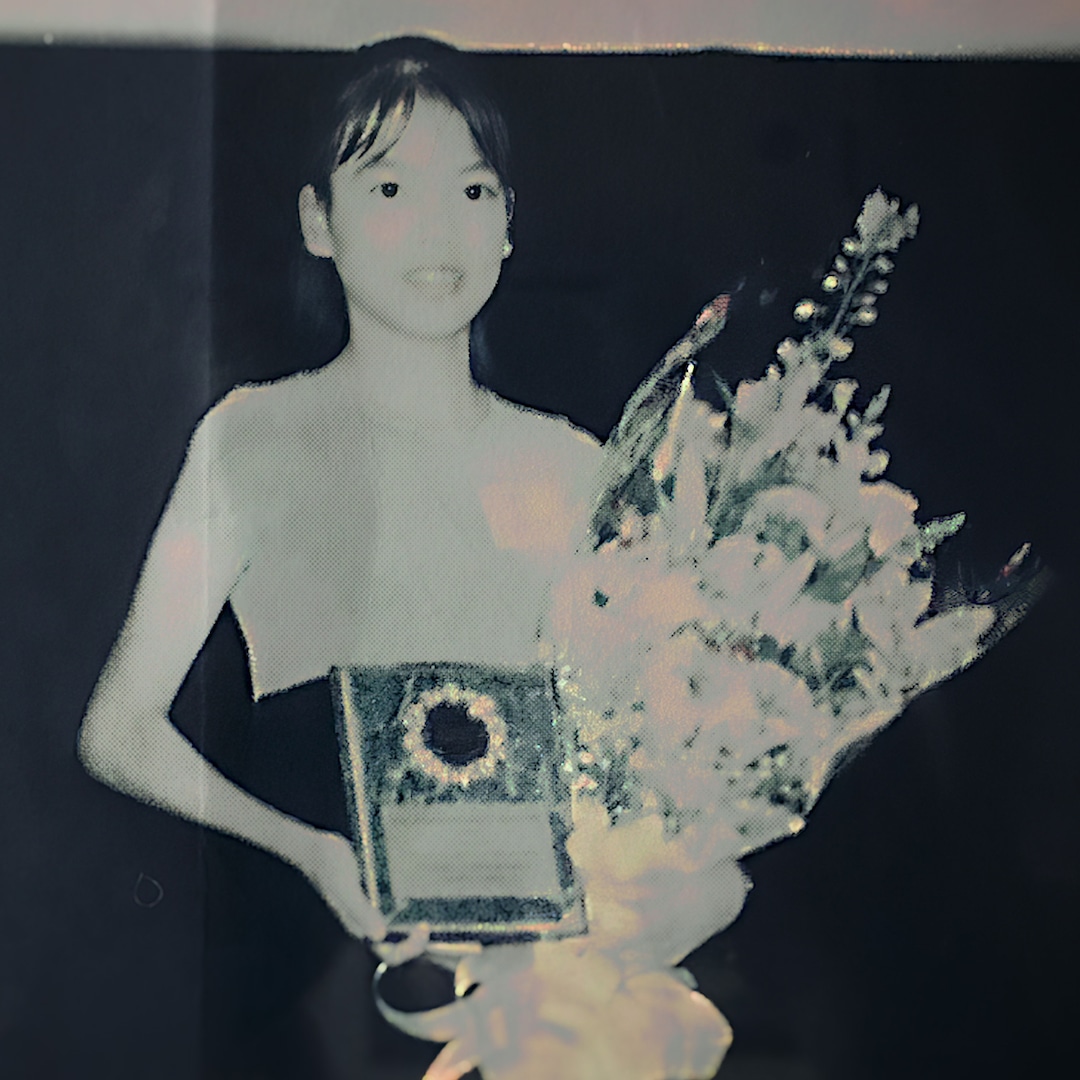Culture
Tyshawn Sorey Wins Pulitzer for Composing an ‘Anti-Concerto’

Concertos are typically works meant to showcase dazzling virtuosity. But when the composer and instrumentalist Tyshawn Sorey set out to write one for saxophone and orchestra several years ago, he quickly dispensed with convention.
Describing the work as an “anti-concerto,” Sorey set out to provide a “respite from the chaos and intrusiveness of modern life.” In the score, he instructed the soloist and orchestra to play very softly and at an unhurried tempo of thirty-six quarter notes per minute.
“I’m not interested in having a typical experience,” Sorey, 43, said in an interview. “I just wanted to create a work that kind of gets us to let the music wash over us, and lets us take our time in listening to it.”
On Monday, the work, called “Adagio (For Wadada Leo Smith),” which was commissioned by the Lucerne Festival in Switzerland and the Atlanta Symphony Orchestra, was awarded the Pulitzer Prize in Music. It was a high honor for an artist who has spent his career defying labels, blurring the boundaries between jazz and classical music.
Sorey wrote the roughly 20-minute work to pay tribute to Smith, the celebrated American trumpeter and composer, whom he met two decades ago and calls a mentor.
“Every moment I spend with him is a learning experience,” he said, “and it’s always been something that I value and cherish.”
The Pulitzer committee praised the piece as an “introspective saxophone concerto with a wide range of textures presented in a slow tempo, a beautiful homage that’s quietly intense, treasuring intimacy rather than spectacle.”
The finalists for the prize were Mary Kouyoumdjian’s “Paper Pianos,” a multimedia work about “the dislocation, longing and optimism of refugees”; and Felipe Lara’s “Double Concerto,” which was commissioned by the Helsinki Philharmonic Orchestra and the Los Angeles Philharmonic and featured a pair of soloists, the bassist Esperanza Spalding and the flutist Claire Chase, at its premiere.
Sorey has won praise as a prolific and discerning composer. He was a recipient of a 2017 MacArthur “genius” award and was a finalist for the Pulitzer last year for “Monochromatic Light (Afterlife),” commissioned to honor the 50th anniversary of the Rothko Chapel in Houston.
He garnered wide attention in the music industry during the pandemic, when his works helped capture a sense of change and turmoil in the United States. At the time, his piece for string quartet, “Everything Changes, Nothing Changes,” was streamed online by the JACK Quartet. Opera Philadelphia released a stark black-and-white version of his song sequence, “Cycles of My Being,” about Black masculinity and racial hatred, featuring the tenor Lawrence Brownlee.
Born and raised in Newark, Sorey immersed himself in a variety of genres as a child and began composing as a teenager. He said he never felt comfortable categorizing his art.
“I never really thought in terms of labels,” he said. “I was interested not only in the music that I was culturally related to, but also in all music. I wanted to learn, experience, all kinds of music from all kinds of cultures.”
Sorey said that he aimed to challenge perceptions of musical styles.
“I want people to get rid of any and all expectations about what music is supposed to do,” he said, “and let the music do what it does by itself and let it be what it is.”
Many of Sorey’s pieces are named for artists he admires, including the composers George Lewis, Roscoe Mitchell and Marcos Balter.
He said his Black identity was important in his music but that he also tried to get beyond his own upbringing and cultural heritage.
“No Black music maker, especially anyone who I know, is necessarily a monolith,” he said. “There’s no one way that Blackness can be expressed in music.”
Michael Haefliger, the executive and artistic director of the Lucerne Festival, called Sorey “one of the truly great, unique artistic leaders of our time.”
“Sorey has redefined the world of musical improvisation,” he said, “taking it much further than traditional jazz and creating strong fusions with the musical avant-garde of post-World War Europe.”
Jennifer Barlament, the executive director of the Atlanta Symphony, said in a statement that the orchestra was proud to bring his work to the stage.
“This speaks to Tyshawn Sorey’s unique bona fides,” she said of the Pulitzer. “He is looking to what is ahead, while honoring the past.”
Sorey said he was still coming to terms with the Pulitzer. He found out he had won the prize on Monday afternoon from a friend who called while Sorey was taking a Zoom lesson from his mentor, the jazz drummer Michael Carvin.
He said the prize had inspired him to try to live up to the standard set by previous winners.
“How do I continue to reflect that legacy? How can I strive to that level of being?” he said. “It’s something that I will forever take with me.”





















